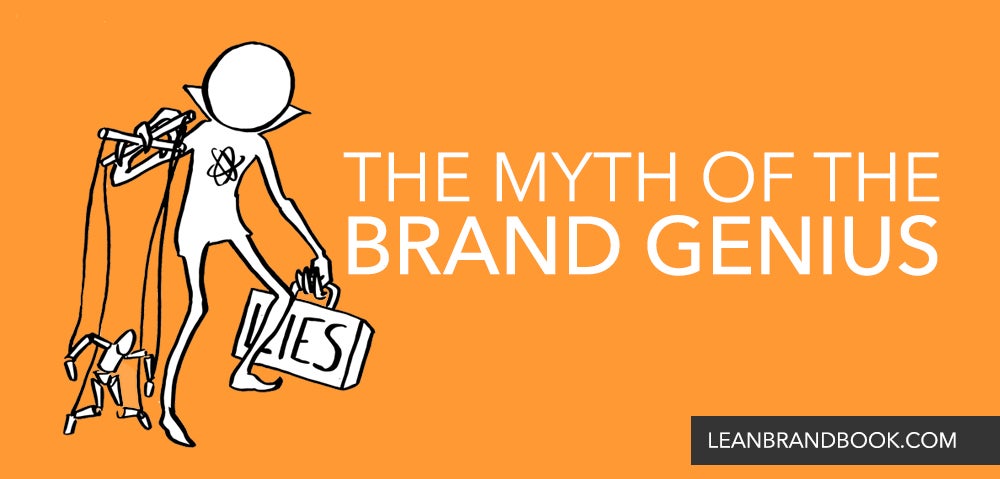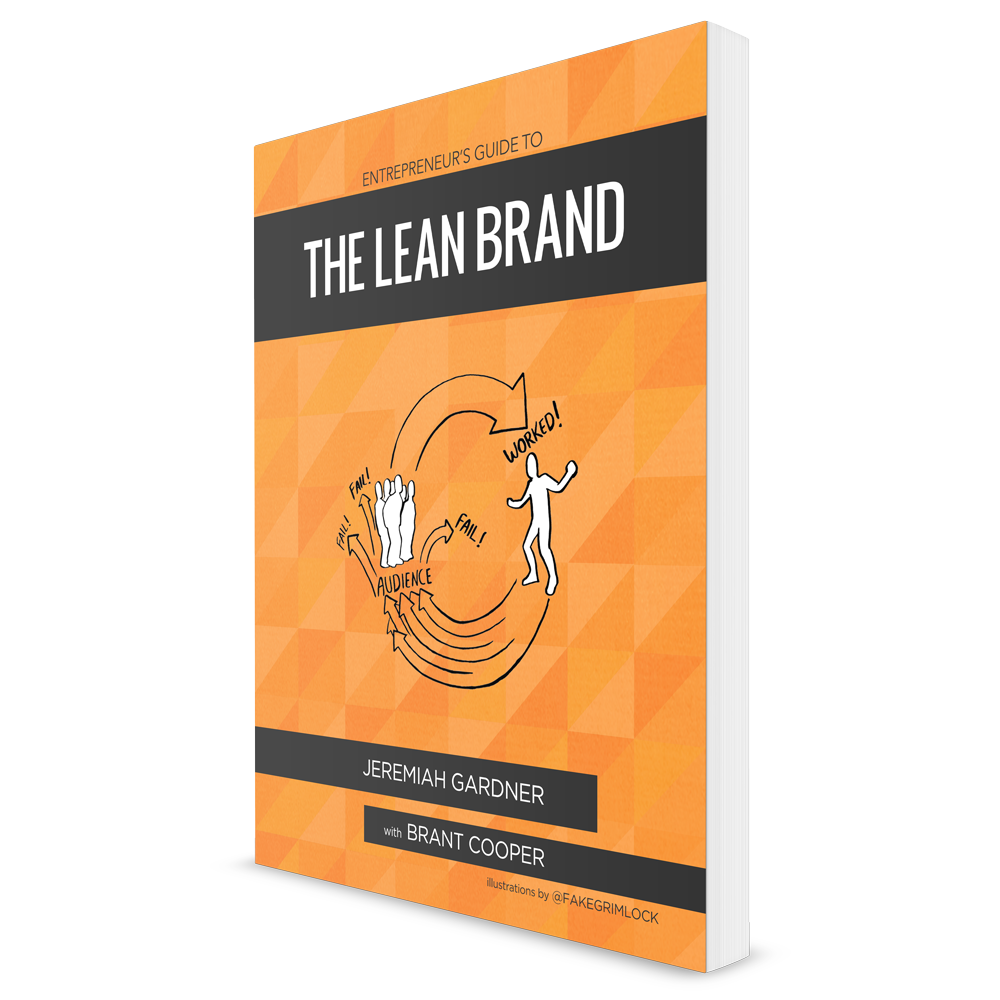[Originally Published in Branding Magazine]
Today, we live in a world defined more by Google than General Motors. We are in a period of human history characterized by a shift away from an industrial mindset to a much more complex, connected, and value-driven mindset.
We are, undoubtedly, post-industrial.
The end of the Industrial Age has shifted power to the consumer. The consumer now chooses the color, style, features, delivery time, and so on. Digital fabrication means the consumer is almost in complete control. While most products are not created this way, virtually all products have shifted toward that end point. It’s the epitome of a lean approach: just in time, on demand manufacturing.
It makes sense, then, the relationships formed between an audience and an organization (brand) must also shift in this direction.
Yet, as the world continues to change in dynamic ways all around us, the conventional brand development approach has remained relatively static. What worked for Coca-Cola, isn’t working for Dropbox. What worked for Wells Fargo, isn’t working for Square. What worked for Ford, isn’t working for Tesla.
THE MYTH OF THE BRAND GENIUS
The conventional approach isn’t working in today’s value-driven world. At the center of the conventional approach is a narrative that paints a story of branding brilliance – “The Myth of the Brand Genius.”
The “Genius” is the narrative of a creative recluse at the top of a Madison Avenue high-rise, who if given the right inspirational environment and payed the appropriate astronomical fee, will create a world-class brand fraught with glittering assets and infallible strategies for an organization to simply execute upon.
The narrative creates a world in which a Genius’ experience, knowledge, and brilliance are rewarded mightely with ensuing accolades from clients and peers alike.
FACTORY-THINK PROCESS
The Genius relies on an arcane process to work his magic. A process deeply rooted in the factory-think of industrialization.
In the factory, a systematic series of steps A + B + C produced a product. For a factory to work, it requires uniformity. Raw materials have to be uniform, or be quickly made uniform by early steps in the manufacturing process, to permit for simplification and acceleration of tasks along the production line. The factory is a streamlined process based on maximum throughput (production), extreme efficiency, and reliable processes.
The conventional brand process follows the same linear path: Brand Promise Statement + Logo + Identity System + Website...and so on is thought to add up to “the brand.”
Sound familiar?
Contrary to the wistful stereotype of the isolated Genius creating dazzling insights for the world to consume, the real world doesn’t work that way. And as much as traditional agencies may flinch at the idea, the great brands emerging today are no longer being developed on the 40th floor of a Madison Avenue high rise.
Today, great brand development isn’t about genius, it’s about the discovery of value.
NEW THINKING, NEW APPROACHES
We must reject the narrative of the “Genius” and embrace new thinking and new approaches to brand development that are optimized for value discovery and creation. We must learn to experiment, iterate, and validate our intentional branding activities in an effort to create real value for our customers. And we must work to develop sustainable, passionate relationships with our audiences centered around shared value.
No matter what you’ve been told, what you’ve read, or what you’ve seen; there is no magic procedure, no silver-bullet, thaumaturgic process, and no “Genius” that will produce your brand. A brand is an incarnational, evolving, and emotional relationship between an organization and an audience, and each one takes a commensurate iterative approach to it’s development.
The relationship, not the Genius, is what matters the most.









